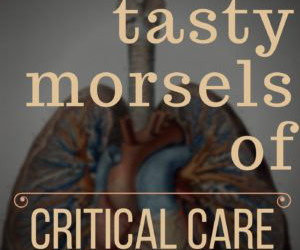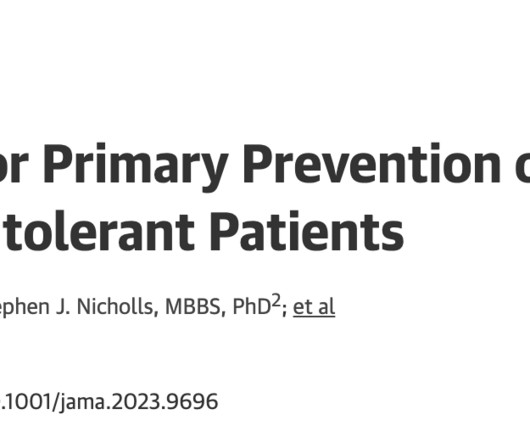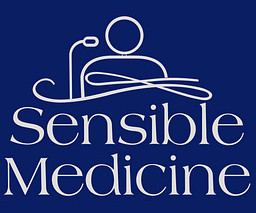SGEM#408: Hey, I, Oh I’m Still Alive – Is it due to TXA?
The Skeptics' Guide to EM
JULY 2, 2023
Date: July 1, 2023 Reference: PATCH-Trauma Investigators and ANZICS Clinical Trial Group. Prehospital Tranexamic Acid for Severe Trauma. NEJM 2023. Guest Skeptic: Dr. Salim Rezaie is a community emergency physician in San Antonio, TX. He is the Creator and founder of REBEL EM, a free, critical appraisal blog that tries to cut down knowledge translation gaps of […] The post SGEM#408: Hey, I, Oh I’m Still Alive – Is it due to TXA?












































Let's personalize your content